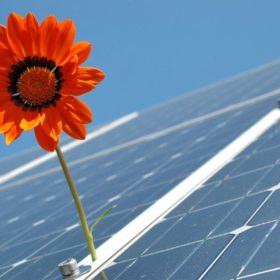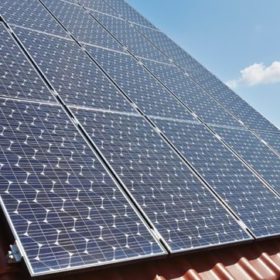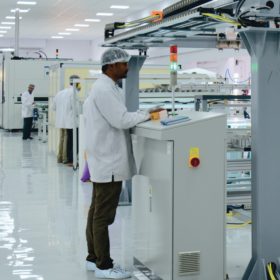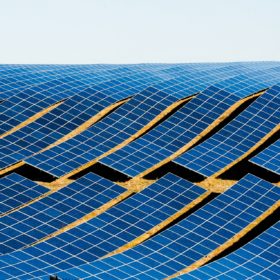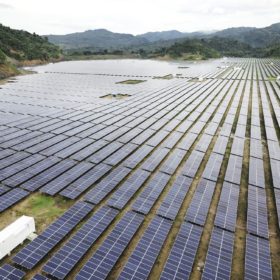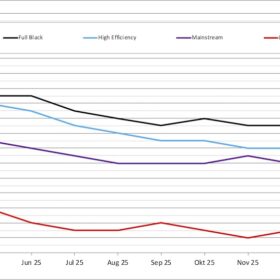Study explores feasibility of North India’s renewables transition
The region could, by 2050, cut greenhouse gas emissions from power, heat, transport and desalination which are expected to add up to more than 825 metric tons of carbon dioxide equivalent this year. Such a transition could be perfectly possible, technically and financially.
Maharashtra utility seeks installers for 25 MW of solar rooftops
The state electric company has issued a call for expressions of interest in installing the residential arrays.
India’s solar future: Domestic first, international second
The International Solar Alliance signals India’s hope to be a global competitor in emerging technologies and cement its place as an institution builder. But how does India’s vision translate into domestic policy? Has India led by example?
Scaling up solar manufacturing in India
A new study by CEEW Centre for Energy Finance assesses the competitive advantage that China has over India and presents a suite of short-term and long-term interventions required for a globally competitive solar manufacturing sector in India.
Developers want customs duty on solar panels deferred
The Solar Power Developers Association (SPDA) said one-year safeguard duty extension had already resulted in escalated capital costs. Any additional tariff barriers would jeopardize the Government’s ‘100 GW by 2022’ target.
Engineering drives next-generation solar power in Southeast Asia—Black & Veatch interview
Mitesh Patel, Renewables Director-Asia, US-headquartered EPC player Black & Veatch, speaks to pv magazine about the key trends driving the solar market, especially in Southeast Asia, and strategies to improve the bankability of PV projects.
Modi loosens the purse strings to help struggling state utilities
Covid-19 hits to demand and bill payment collection have worsened the plight of the nation’s already debt-crippled power distribution companies, prompting the government to order an exceptional relaxation of lending limits.
Under-construction solar projects get a five-month blanket extension for completion
In March, the government said delays in renewable energy plant construction on account of Covid-19-prompted supply chain disruption would be considered a force majeure event.
TERI, FTI Consulting partner on hydrogen roadmap research
The Indian energy thinktank and the US-based consulting firm will research to demonstrate the viability of hydrogen as a sustainable solution for India’s energy needs.
Early coal plant retirement first hurdle in reducing discom debt
The Indian power distribution sector needs bold policy choices such as the closure of old, inefficient coal-based power plants to improve its financial viability. Early retirement of expensive coal power contracts will result in significant savings for the states as they can contract cleaner, cheaper renewable power.
